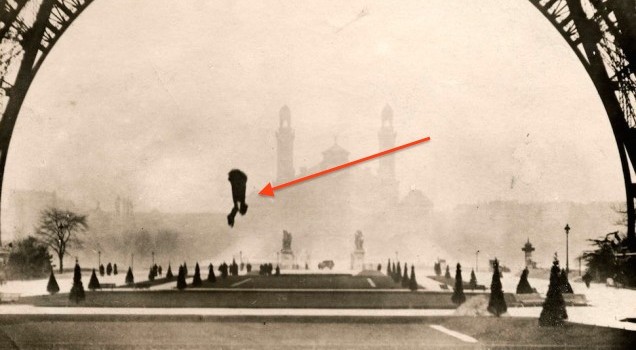 Short Bytes: These people made contributions to the humankind, but they would have never thought that their own creation would be held accountable for their last breath. Read about the 10 inventors who died because of their own inventions. Since the beginning of human consciousness, we have been inventing things all the way. People like Thomas Alva Edison and Graham Bell have made invaluable contributions to the humanity. All the things came into existence because we felt their need. Hence, the phrase “Need Is the Mother of Invention” is said.
Short Bytes: These people made contributions to the humankind, but they would have never thought that their own creation would be held accountable for their last breath. Read about the 10 inventors who died because of their own inventions. Since the beginning of human consciousness, we have been inventing things all the way. People like Thomas Alva Edison and Graham Bell have made invaluable contributions to the humanity. All the things came into existence because we felt their need. Hence, the phrase “Need Is the Mother of Invention” is said.
For some inventors, their own invention turned out to be the reason of their last breath on the earth. Some of them didn’t even get a chance to fill the last load of air in their lungs. That was because of some technical flaws that came up while their creation was in testing phases. Death is inevitable for us, but it is sad that these inventors died because of their own inventions.
Max Valier
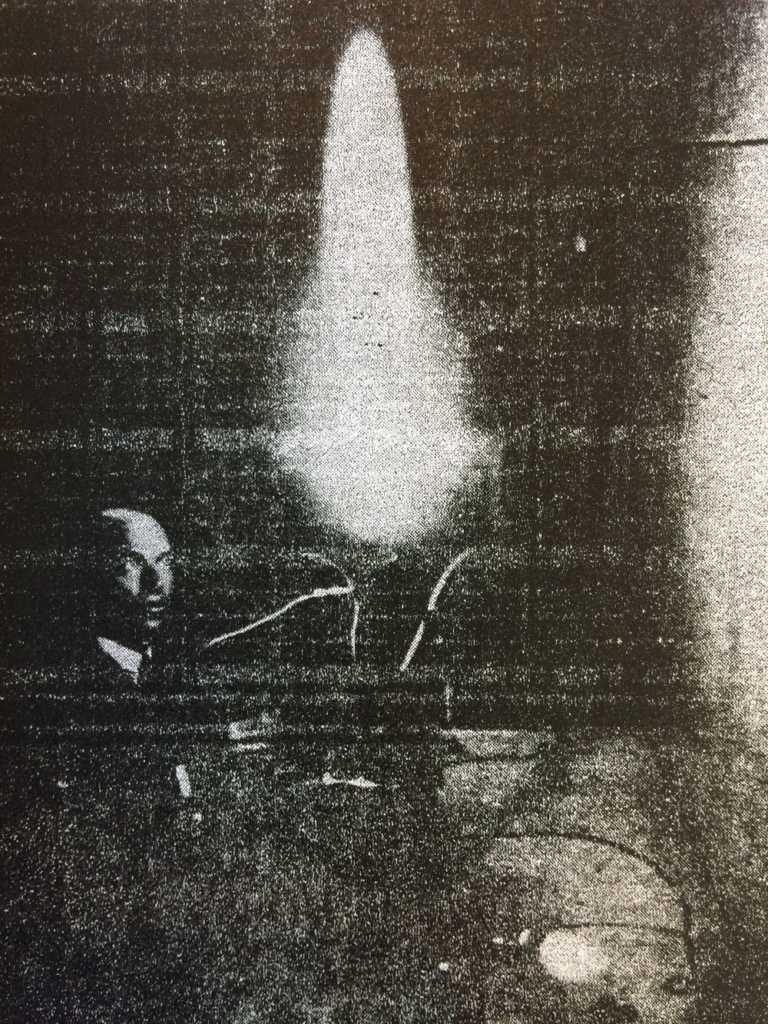
Life: February 9, 1895 – May 17, 1930
Valier was one of the earliest humans to foresee potential in the rockets. He founded the German Verein für Raumschiffahrt (Spaceflight Society) which people could regard as an initial motivation to 20th-century space trips like the Apollo Moon Mission which is believed to be faked by NASA.
Valier created rocket-powered cars between 1928 and 1929 with Fritz von Opel. The spaceflight society focused on the idea of liquid-fuelled rocket vehicles. Valier also tested one liquid propulsion-based rocket car.
In 1930, Valier died at the age of 35 when there was an explosion in his experimental setup. Without any safety measure, he was sitting in front of a combustion chamber testing a combination of kerosene mixed water with oxygen. After two successful trials, his adrenaline rush motivated him to go for a third, and literally, the last trial.
Li Si

Life: 280 BC – 208 BC
“Li Si is one of the two or three most important figures in Chinese history,” writes John Knoblock. “He was largely responsible for the creation of those institutions that made the Qin dynasty the first universal state in Chinese history.”
Li Si, who served as the Prime Minister of the China’s Qin Dynasty, was killed using the Five Punishments he conceptualized. These five penalties included making tattoos in the face, cutting off the nose, removing kneecap, eliminating reproductive organs, and death sentence by boiling alive or tearing limbs apart.
Francis Edgar Stanley
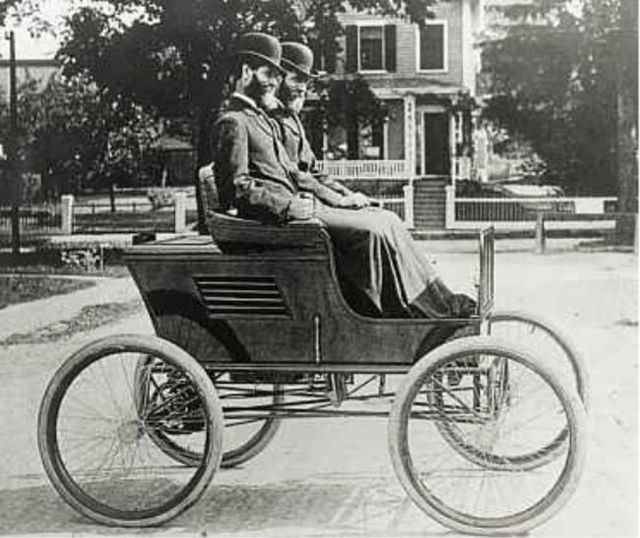
Life: June 1, 1849 – July 13, 1918
He was another name on the list of inventors who died because of their own inventions. Francis crashed into a woodpile while driving a Stanley Steamer.
It was a steam engine-based car developed by Stanley Motor Carriage Company, founded by Francis E. Stanley and his twin Freelan O. Stanley. He was trying to maintain a distance from a farm wagon traveling alongside his car.
Before entering the automobile business, F. E. Stanley and his brother triumphed the photo studio business in New England. Stanley patented the first airbrush to colorize photos. They also set up the Stanley Dry Plate Company for mass production of dry plates using their newly patented machine.
Stanley brothers sold their company to George Eastman who founded the Eastman Kodak. The same company which popularized the use of Roll films.
Jean-François Pilâtre de Rozier
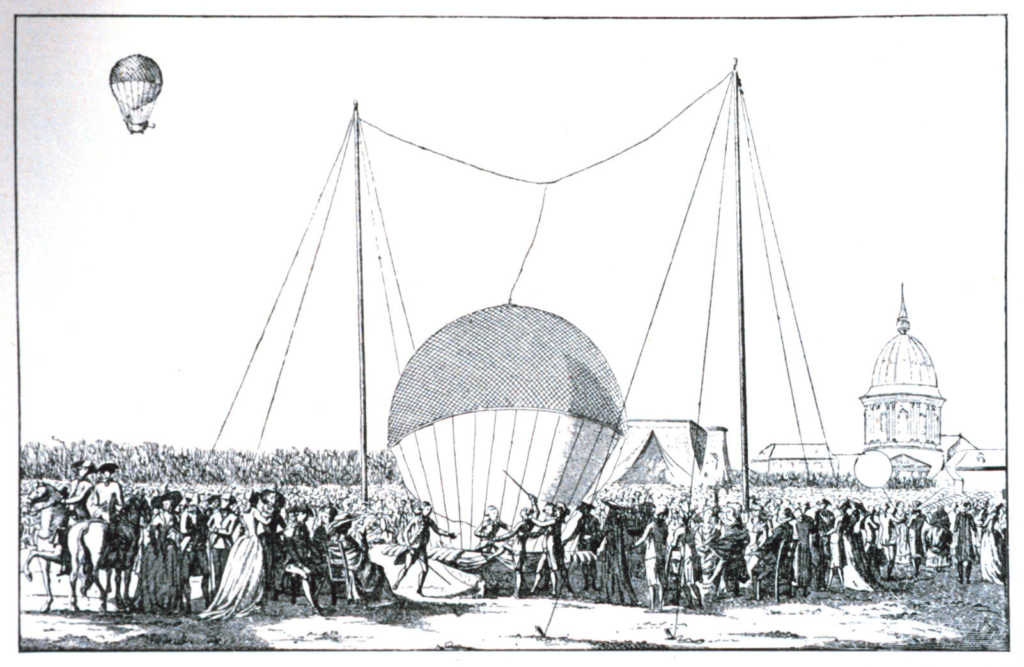
Life: March 30, 1754 – June 15, 1785
Jean-François Pilâtre de Rozier was a physics and chemistry teacher who lived in France. On June 15, 1785, Rozier was crossing the English Channel along with Pierre Romain in his Rozière balloon which crashed near Wimereux in the Pas-de-Calais. The deaths due to the trajic accident are probably the first known air crash fatalities.
Rozier’s balloon was kind of a hybrid that could use both heated and non-heated lifting gasses, with the help of separate chambers, for an aerial flight.
Franz Reichelt
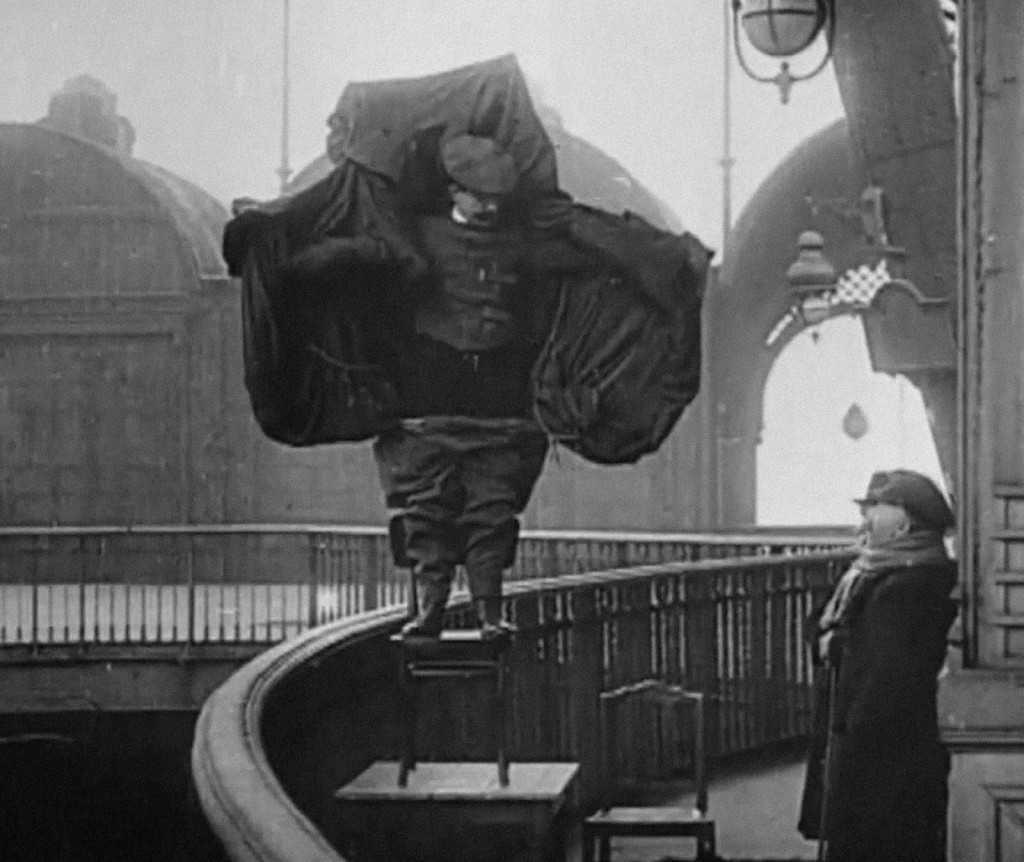
Life: 1879 – February 4, 1912
Referred as Flying tailor, he jumped off the Eiffel Tower wearing his home-made parachute but destiny had already decided an unfortunate fate for his very first flight. The police authorities had assumed that Franz would use a dummy to demonstrate his custom designed parachute and they gave him the permission. Instead, he took the job himself and become one of the people who’s inventions took their lives.
Henry Smolinski

Life: 1933 – 1973
Smolinski took wings of the Cessna 337 aircraft and joined it to a Ford Pinto with an intention to create a flying car. The car known as AVE Mizar was manufactured by Henry’s company Advanced Vehicle Engineers. He, along with his friend Hal Blake, took it for a test flight and died in a crash.
The modified Pinto with detachable wings was capable of flying at 12,000 feet above the ground at 130 mph. The dashboard was modified with additions like fuel pressure gauges, an altimeter, a radio navigational equipment, etc. Theoretically, one could go more than 1000 miles in that thing which had both car and flight engines packed inside.
Smolinski’s “Pinto Craft” struck the top of a tree and crashed into a pickup truck before bursting into flames, a witness recalled. Henry’s fatality closed the doors for the AVE Mizar to be featured in a Bond movie. It was earlier decided that in “The Man With The Golden Gun”, the antagonist Francisco Scaramanga and Nick Nack (his henchman) would escape in the same flying car. The idea was later dropped due to the accident.
William Bullock
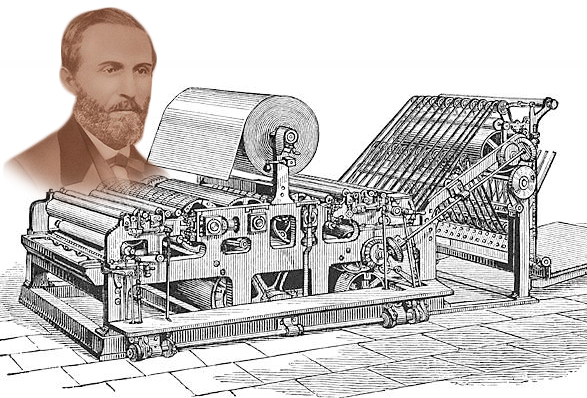
Life: 1813 – April 12, 1867
The story of William Bullock is enough to give you goosebumps after knowing how his own invention led to his painful demise. William created a rotary printing press machine in which the images to be printed were put on a roller and then could be printed on any substrate.
A few years later after his invention, his foot got crushed into the new machine during an ongoing installation. Later, William died during the amputation process because his foot had developed gangrene.
Horace Lawson Hunley

Life: June 20, 1823 – October 15, 1863
Hunley was a marine engineer in the Confederate States of America. He was the inventor of the first war submarine. During a routine test, Hunley, along with a 7-member crew, sunk to death in a previously damaged submarine H. L. Hunley (named after Hunley’s death) on October 15, 1963. The submarine was later reused in the successful sinking of the USS Housatonic in 1964.
Marie Curie

Life: November 7, 1867 – July 4, 1934
Popularly known as Madame Curie, she was first of the four scientists who got Nobel Prize twice. The renowned physicist and chemist of Polish origin had exposure to ionizing radiations for a prolonged time as her experiments involved materials like radium which exhibits radioactive properties.
Back then, the harmful effects of the radioactive emissions were not known. Curie was diagnosed with aplastic anemia which was the cause of her death. Even her personal possessions were exposed to the radiations as she carried radium in her pockets and kept in her drawer. That’s the reason that her century-old notebook has been preserved in a lead-lined box.
Karel Soucek

Life: April 19, 1947 – January 20, 1985
An invention demo turned out to be a fatal death show when Karel Soucek rolled down from the roof of Houston Astrodome in his self-made shock-absorbent barrel. He was to land in a water tank kept 180-feet below, but the barrel hit the rim of the tank causing fatal injuries to him.
This was not the first attempt made by Karel to demonstrate his barrel. The Canadian stuntmen also went over the Niagara Falls in the year 1984. It cost him around $46000 including the fine he had to pay as he didn’t obtain a license to perform the stunt.
Soucek easily recovered the cost by the sale of his stunt videos. He wanted to make a museum at the Niagara Falls to popularize himself and talked out an investor for the funding. The Houston stunt he performed was to convince the investment corporation that his self-boasted stunt was not a one-time act.
This post was last updated on May 25, 2017, for making improvements.
You’ll find these interesting:

